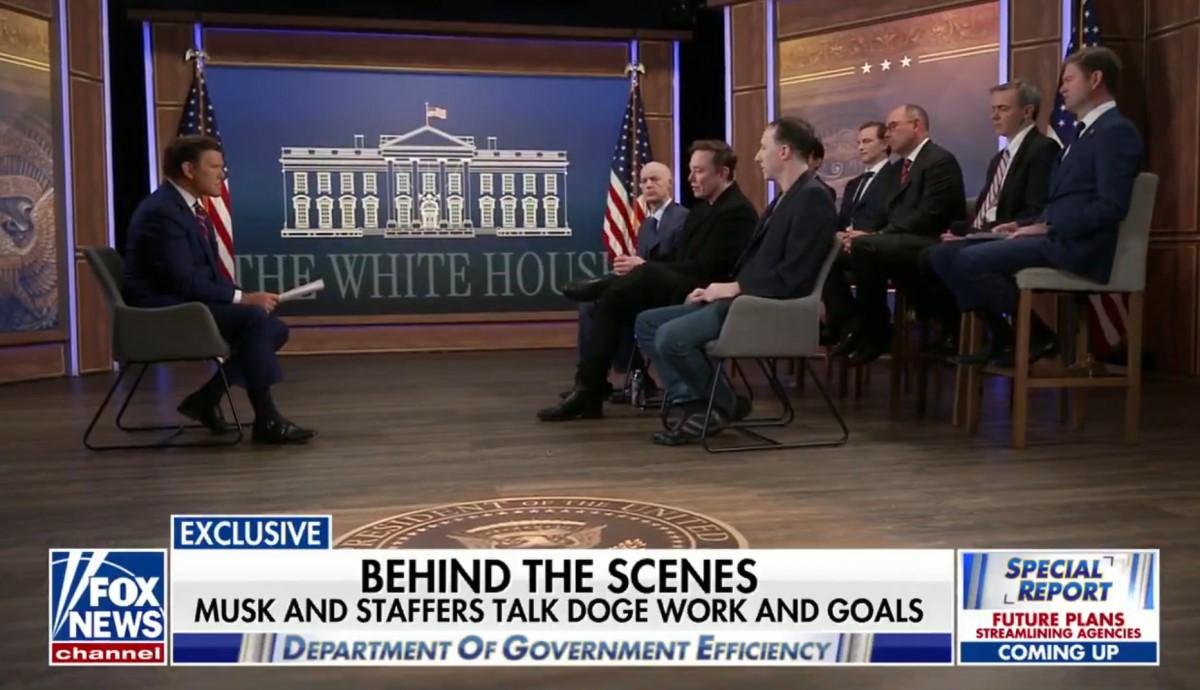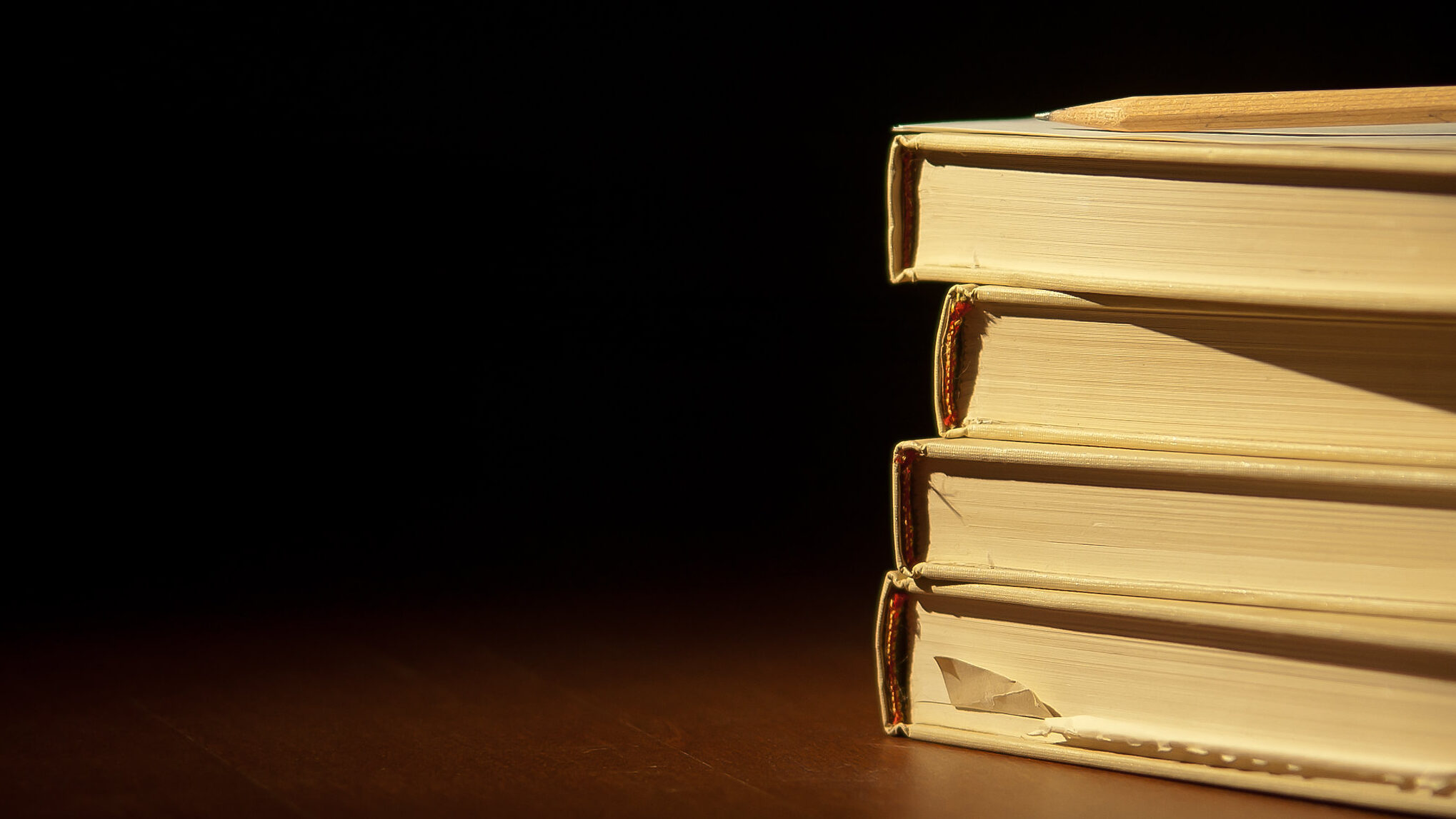Amazon Wants $15 Federal Minimum Wage; Reports: Small Businesses Would Be Hardest Hit
The corporate behemoth Amazon is taking out full-page ads urging the federal government to raise the federal minimum wage, forcing small businesses to raise their minimum wage to $15 an hour, a prospect that would do further damage to already precarious smaller businesses.
Amazon, which already pays its employees a minimum of $15 an hour, urges the federal government to force that pay scale on its smaller competitors, in full-page newspaper ads. pic.twitter.com/7mIxLvl5dJ
— David Boaz (@David_Boaz) January 31, 2021
Amazon began paying workers a minimum of $15 an hour in 2018. The company has a massive number of employees. Business Insider reported last September on Amazon’s significant increase in employees: “The company has added 175,000 temporary positions since March and plans to add more than 133,000 employees to its ranks over the next several months. These positions are in addition to the 876,000 permanent employees that Amazon employed as of July, and could push Amazon’s global headcount — including permanent and temporary hires — up to roughly 1.2 million workers.”
Last August, CNBC noted that Amazon was worth more than $1.7 trillion: “Amazon shares hit record highs in April on the back of unprecedented demand from consumers, and the stock has continued to rise, adding hundreds of billions to its market value and giving investors a gain of more than 86% this year so far. As of Wednesday, the company is worth more than $1.7 trillion, making it the second-most valuable company in the U.S., trailing only Apple.”
Reason Magazine recently highlighted the impact of a federally mandated minimum wage of $15 per hour on lower-income Americans, noting that such a law’s “consequences in poorer, rural states will not be the same as its consequences in places with a higher cost of living.” A $15 minimum wage “will do more damage in Mississippi than in New York City.”
Financial Times (FT) wrote last August concerning the growing “pressure” applied by larger stores on “mom and pop” stores:
This slice of the economy — which consists of 4.7 million establishments with 12.6 million employees — has been under pressure for decades, first from the rise of “big-box” stores such as Walmart, and, more recently, from the almighty Amazon. Now economists fear that the economic shock of coronavirus will prove ruinous for tens of thousands of mom-and-pops, with dire consequences for not only the businesses affected but also the independent, entrepreneurial streak that is hard-wired into the nation’s psyche.
An owner of a custom framing shop in a suburb of Chicago that was closing after more than a century in business noted the opening of a nearby Amazon warehouse with which he had to compete. He told FT that the property developer of the warehouse got a tax break from local officials in Cook County.
He stated, “They’re getting a 60 per cent discount on their property taxes in the next decade, whereas mine have gone up. When you have that kind of subsidy going to a company that is running everybody else out of business, it’s hard to figure out a way around it.”
The Daily Wire reported on a March 2019 survey of economists on a $15 minimum wage:
According to a new survey of 197 working economists conducted in February, 74% oppose raising the federal minimum wage to $15 an hour and almost half (43%) think that the federal minimum wage should be eliminated altogether. …
88% of economists thought an acceptable federal minimum wage should be less than $15; 66% agreed that an appropriate federal minimum wage would be $10 an hour or less.
Additionally, only a tiny percentage of the economists (6%) surveyed thought a $15 minimum wage would efficiently target poverty. 38% of the economists believed that raising the minimum wage would actually increase poverty rates. Conversely, 64% of the economists thought that expanding the Earned Income Tax Credit would very efficiently target poverty and another 34% agreed it would be efficient.
In New York City, after New York’s Fast Food Wage Board recommended a $15 an hour minimum wage for fast food workers, New York City showed the greatest plunge in restaurant jobs in almost 20 years. In August 2016, reports surfaced that the raise in the minimum wage had hurt employees in Seattle. The Washington Post wrote, “Although some workers are earning more, fewer of them have a job than would have without an increase. Those who do have a job are working fewer hours than they would have without the wage hike.”
Regarding San Francisco, in April 2017, the Harvard Business School released a study that examined restaurants in the San Francisco Bay Area between 2008 and 2016 titled, “Survival of the Fittest: The Impact of the Minimum Wage on Firm Exit.” The study posited that a $1 increase in the minimum wage led to a roughly 14% increase in the likelihood of a median 3.5 star restaurant closing. The study concluded that over the next two years, San Francisco’s restaurant industry would shrink, meaning workers would lose jobs.
The Daily Wire is one of America’s fastest-growing conservative media companies and counter-cultural outlets for news, opinion, and entertainment. Get inside access to The Daily Wire by becoming a member.
" Conservative News Daily does not always share or support the views and opinions expressed here; they are just those of the writer."





Now loading...